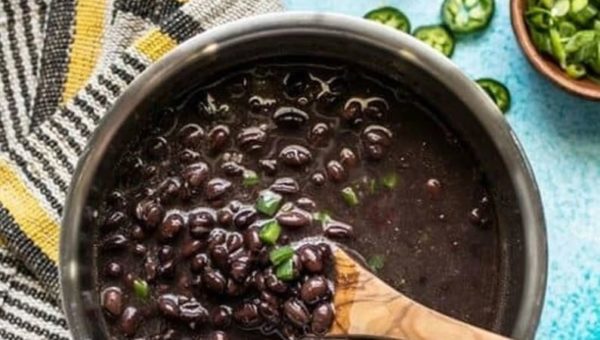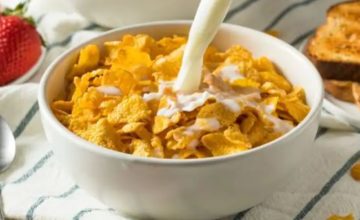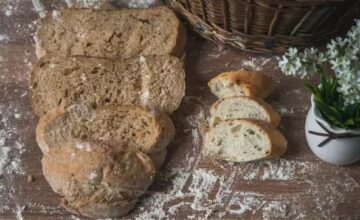
Skipping out on a daily dose of fibre often leads to constipation, which can make going to the bathroom painful and uncomfortable.
It comes in two varieties, soluble and insoluble, and most plant-based foods contain a mixture of the two.
Soluble fibre turns to gel in the stomach and slows digestion, which helps lower cholesterol and blood glucose. Insoluble fibre, on the other hand, remains unchanged all the way to the colon, making waste heavier and softer. Regardless of these differences, neither type of fibre is ever absorbed into the body.
Eating too little fibre can make it tough to control blood sugar and appetite because fibre regulates the speed of digestion and contributes to satiety.
Below are 10 most surprising high-fibre foods you should know:
1. Split Peas
A staple in Indian cooking, split peas forms a terrific, protein-rich base for soups, stews, and dhals. It’s healthy, satisfying, and super filling.
2. Lentils
Fibre: 15.6 grams per cup, cooked.
Lentils take less time to cook and are more versatile than many other legumes. Take advantage of their slightly meatier taste and turn them into a juicy meal.
Black Beans
Fibre: 15 grams per cup, cooked.
Black bean is also loaded with complex carbs and protein and is a perfect post-workout meal.
4. Avocados
Few foods deserve the title of “superfood” more than the avocado, which is jam-packed with vitamins, fibre, and healthy fats.
Try mixing it in your salads to add some creamy goodness.
5. Barley
Barley is a chewy, nutritious grain that contains more fibre than oatmeal and brown rice. It can be used in soup, salad, or tea.
6. Apples
Add fibre to the list of ways that an apple a day could keep the doctor away. This fruit is an inexpensive and easily available source of fibre.
7. Carrots
Along with being a great source of betacarotene, carrots are a source of fibre, a 100-gram serving of raw baby carrots has 2.9 grams of fibre, and a half cup of cooked carrots has 2.3 grams.
8. Legumes
Many global cuisines are rich in legumes, and for good reason: they’re a great fibre source and also provide a vegetarian source of protein.
For example, quick-cooking red lentils have 4 grams of fibre per half-cup serving, before cooking.
9. Spinach
Throw a handful of spinach in your smoothies, food or snacks to get some extra fibre, along with an iron boost.
10. Oats
Oats, a popular pantry staple, are a cheap and simple way to boost your fibre intake.
Whether you choose the quick-cooking variety, rolled oats or steel cut, they make a satisfying breakfast, they’re economical and are 100 percent whole grain.




